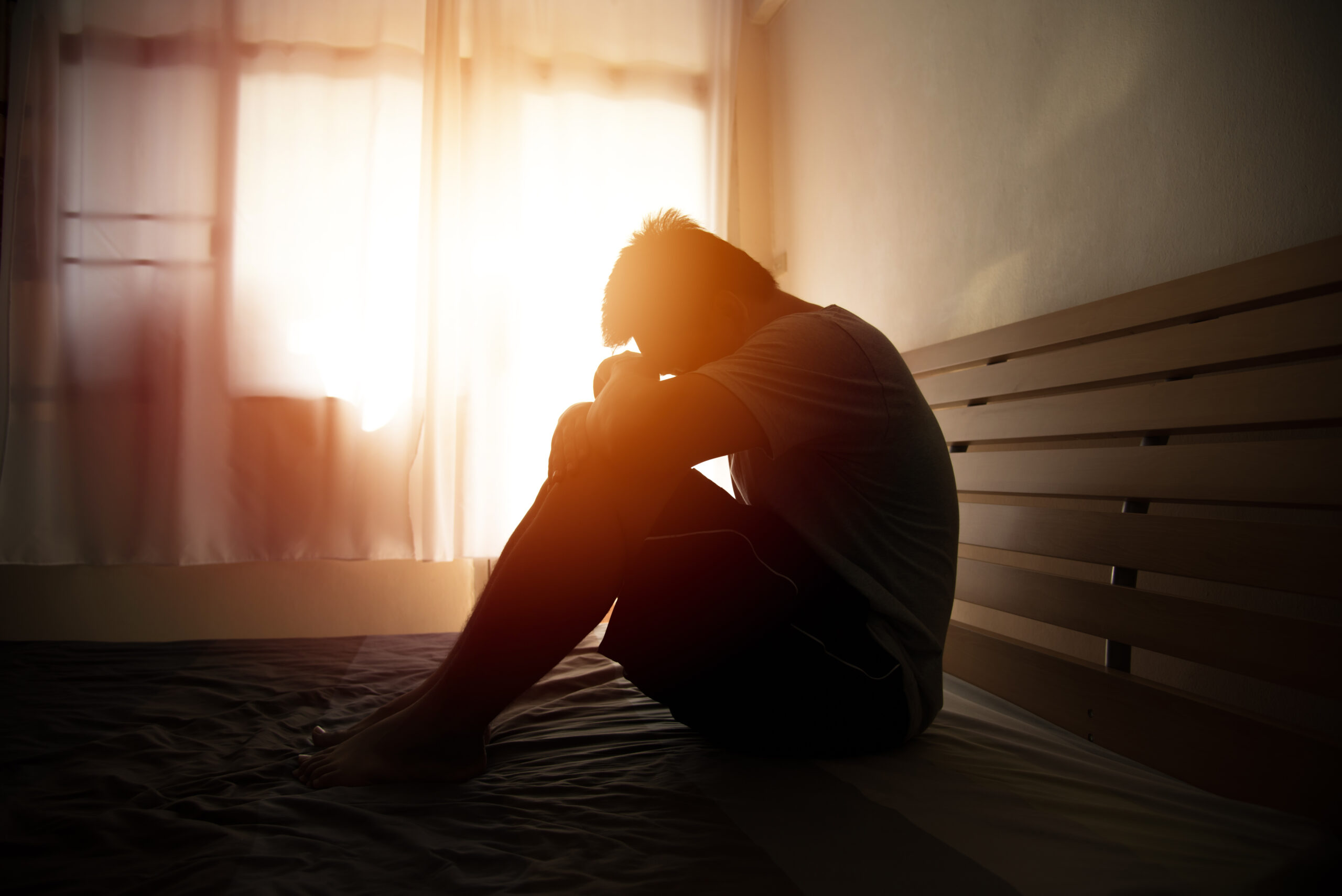An estimated 8.4% of all US adults, which is around 21 million people, had depression in 2020. However, many people who experience symptoms of depression don’t get diagnosed or treated, so these numbers may be larger. Untreated depression can worsen your mood, concentration, your performance in daily activities, prevent you from getting a healthy amount of sleep, and result in chronic fatigue. While some patients with depression are prescribed antidepressants, these aren’t effective for everyone, making the need for an alternative therapeutic dire.
Recently, scientists at the University of Texas Health Science Center at Houston decided to examine the effects of deep brain stimulation (DBS) on depression. DBS involves surgically placing electrodes in certain regions of the brain; the electrodes then occasionally produce electrical impulses, controlled by a pacemaker, that counteract the negative effects of abnormal brain activity. DBS is already being used to treat Parkinson’s disease, tremors, dystonia, and epilepsy.
The scientists recruited 10 participants, all of whom had severe, chronic, treatment-resistant depression, and added electrodes to stimulate the region of their brain linked to motivation and reward. They then monitored the brain activity of participants for twelve months, using a brain scanning machine (PET scans). Typically, patients with depression have decreased brain activity, so an increase in brain activity following DBS could indicate that DBS helps to treat their depression. After twelve months, the scientists observed increased brain activity in 8 out of 10 participants. In addition, these eight patients reported that their symptoms of depression had lessened during the time of the trial. These results suggest that DBS can be an effective treatment for depression.
Brain scanning machines can show brain activity in individuals. People with depression have lower activity in their brains, which can be improved with DBS.
Image Source: BanksPhotos
However, there is still a long way to go before DBS can be used in real clinical practice. This study was only conducted on 10 patients for the duration of one year, which is a relatively small sample. Further studies need to be conducted to ensure that DBS remains effective in a larger population of people and that there are no long-term detrimental effects of DBS. In addition, since the electrodes need to be surgically implanted into the brain, DBS would most likely be used only for severe, treatment-resistant depression; further studies must be done to identify other less invasive methods to effectively treat depression. Nonetheless, we now have a new method to treat hard cases of chronic depression, which can help improve the quality of life for the many people affected by this disorder.
Featured Image Source: kwanchaift










